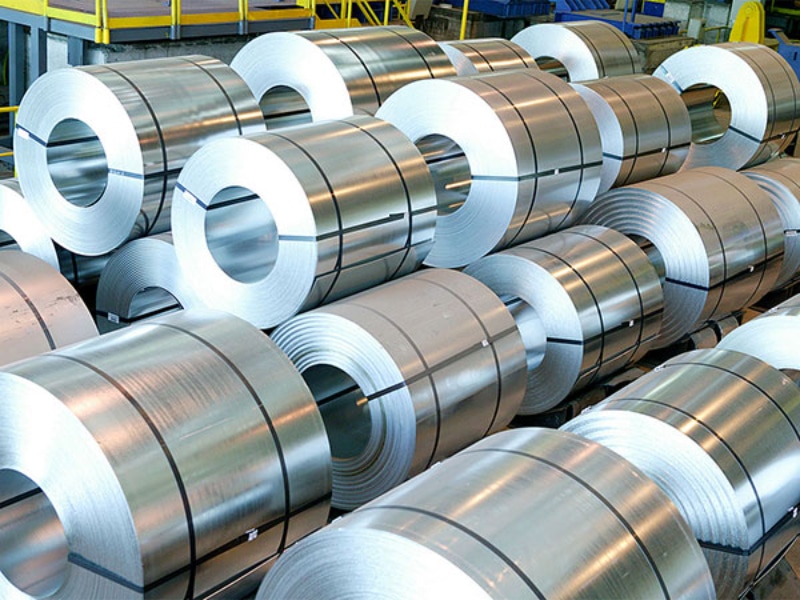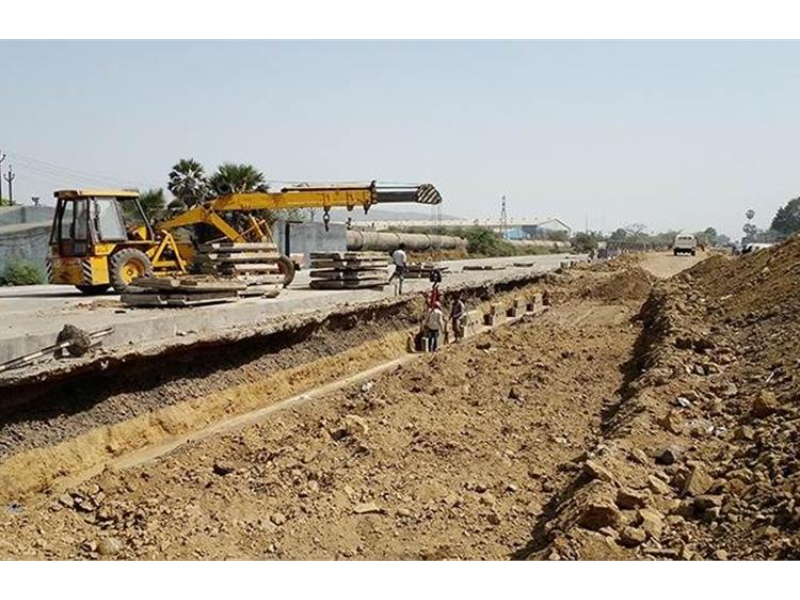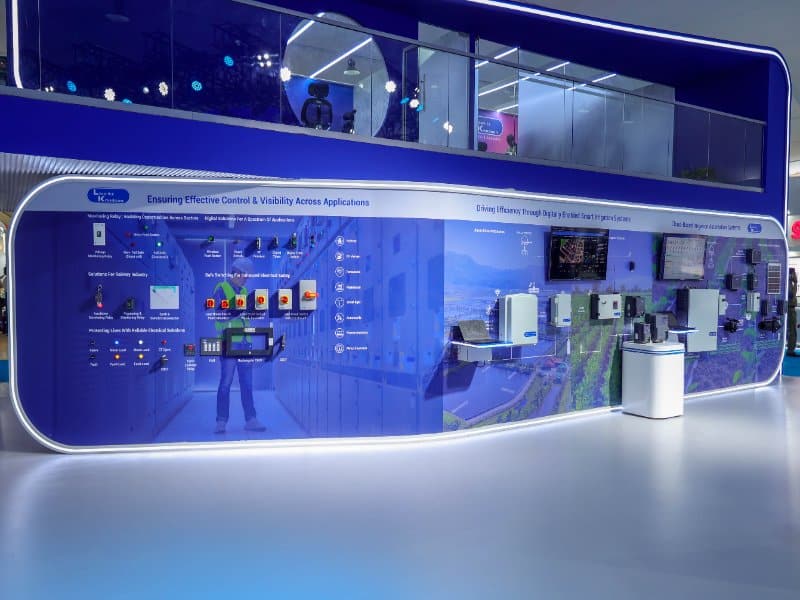The Indian Institute of Technology (Indian School of Mines) Dhanbad has entered a partnership with sustainability startup sentra.world. The Bangalore-based firm and the educational institution have signed a memorandum of understanding (MoU) with a goal to decarbonise India’s iron and steel sector. The collaboration aims to promote a more sustainable future within this industry by investigating and implementing methods to reduce its carbon footprint.
A new initiative is focusing on the use of biochar, an eco-friendly coal substitute, in steel production processes such as coke making, sintering, and sponge iron production. The collaboration aims to process biomass from over 10 Indian states, transforming agricultural and forest residues such as rice husks, sugarcane bagasse, bamboo, and invasive species like babool into high-quality biochar. The venture aims to provide an environmentally-friendly solution to steel manufacturing while also addressing waste management in agriculture and forestry.
An environmentally conscious project is set to utilise approximately 720 tonnes of surplus biomass, addressing environmental issues such as air pollution caused by stubble burning. The initiative will also provide farmers with extra income by monetising agricultural waste. The Indian steel industry, which accounts for 8-12% of the country’s greenhouse gas emissions, could potentially reduce its emissions by up to 40% with the use of biochar.
Sentra.world has partnered with over 50 customers aiming to reduce their carbon footprint, marking a key step towards decarbonization. Co-founder Vikas Upadhyay emphasized the importance of this collaboration in mitigating carbon emissions in hard-to-abate sectors.







